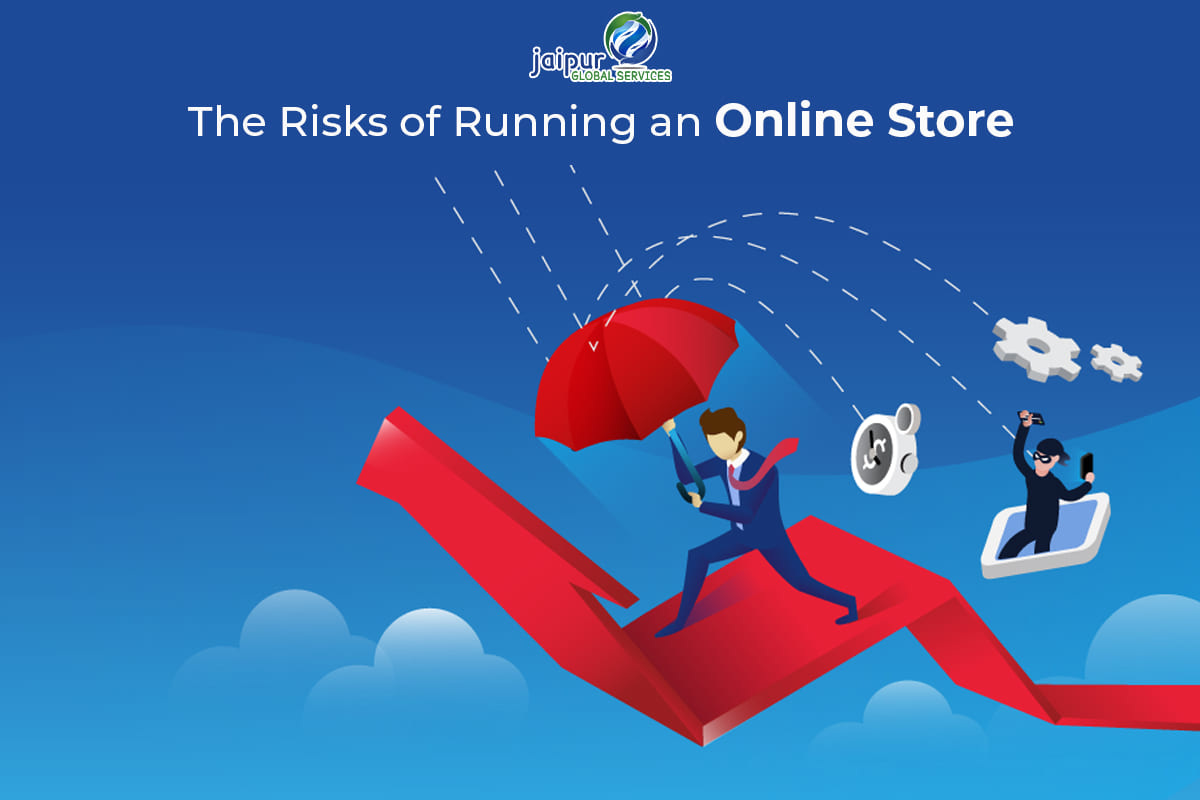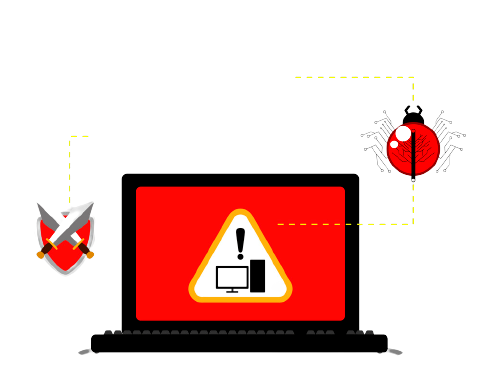
- jgservices
- May 6, 2023
- JGS
- 0 Comments
Are you thinking about starting an online store? With the rise of e-commerce, more and more entrepreneurs are looking to sell their products and services online. However, running an online store comes with its own set of risks that you should be aware of before taking the plunge. In this blog, we’ll take a closer look at the risks of running an online store and how you can mitigate them.
Risks of Running an Online Store
Running an online store comes with several risks that you need to be aware of. Here are some of the most common risks associated with online businesses:
1. Cyber attacks
Cyber attacks are a significant threat to online businesses. Hackers can gain access to your customer data, steal payment information, and even shut down your website. This can result in a loss of revenue and damage to your reputation.

2. Payment fraud
Payment fraud is another common risk associated with online stores. When criminals obtain stolen credit card details, they can exploit this information to initiate unauthorized transactions on your website, resulting in chargebacks and revenue loss.

3. Shipping and delivery issues
Shipping and delivery issues are other risks that online stores face. Delays lost packages, and damaged products can result in unhappy customers and lost revenue.

4. Product liability
If you sell physical products, product liability is a significant risk. If a product you sell causes injury or harm to a customer, you could be held liable.

5. Legal issues
Running an online store also comes with legal risks. You need to ensure that your website complies with all applicable laws and regulations, including data protection and privacy laws.

6. Reputation damage
A single negative review or news story can significantly impact the reputation of your online store. This can lead to lost revenue and damage to your brand.

Mitigating the Risks of Running an Online Store
Now that we’ve identified some of the most common risks of running an online store, let’s take a look at how you can mitigate them:
1. Invest in cybersecurity
Investing in cybersecurity measures such as firewalls, anti-virus software, and two-factor authentication can help protect your website from cyber-attacks.
2. Use a reputable payment gateway
Using a reputable payment gateway can help protect you from payment fraud. Look for payment gateways that use encryption and fraud detection tools.
3. Choose reliable shipping partners
Choose reliable shipping partners to help ensure that your products are delivered on time and in good condition. Consider offering tracking and insurance options to customers.
4. Follow product safety regulations
Follow product safety regulations to reduce the risk of product liability. Conduct regular safety checks and ensure that your products are labeled correctly.
5. Consult a lawyer
Consult a lawyer to ensure that your online store complies with all applicable laws and regulations. This encompasses regulations regarding the protection and privacy of data.
6. Monitor your online reputation
Setting up alerts for your brand name and regularly monitoring social media and review sites for mentions of your online store can help you manage your online reputation.
In conclusion, while running an online store can be a lucrative business, it also comes with its own set of risks that must be taken seriously. Cyber attacks, payment fraud, shipping issues, product liability, legal problems, and reputation damage are all potential risks that can harm your online business. However, by implementing effective risk mitigation strategies such as investing in cybersecurity, using reputable payment gateways, choosing reliable shipping partners, following product safety regulations, consulting with a lawyer, and monitoring your online reputation, you can reduce the risks and increase the chances of success for your online store.
